In the fast-paced world of manufacturing, efficiency and accuracy are crucial for maintaining a competitive edge. One area that plays a significant role in the manufacturing process is labeling. From identifying products and conveying vital information to complying with regulatory standards, labels serve multiple purposes. Traditional manual labeling methods can be time-consuming, prone to errors, and may not meet the demands of modern manufacturing. However, automatic labeling machines offer a solution to these challenges.
A labeling machine helps to boost the quality of your products by ensuring accurate labels are applied. This eliminates human error that results in smudged or misplaced labels.
Importance of Labeling in Manufacturing
Labeling plays a vital role in the manufacturing industry. It enables proper identification of products, provides important information to consumers, and facilitates efficient supply chain management. Labels can include details such as product names, barcodes, serial numbers, expiration dates, manufacturing dates, and safety warnings. They help streamline inventory management, improve traceability, ensure compliance with regulations, and enhance brand recognition.
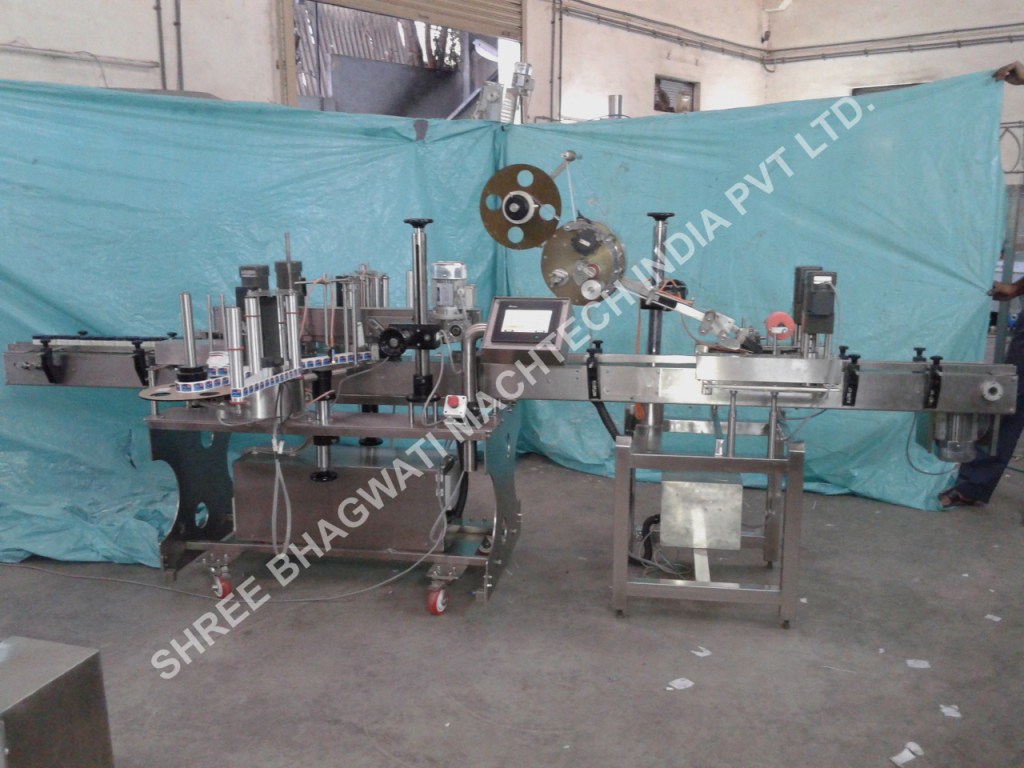
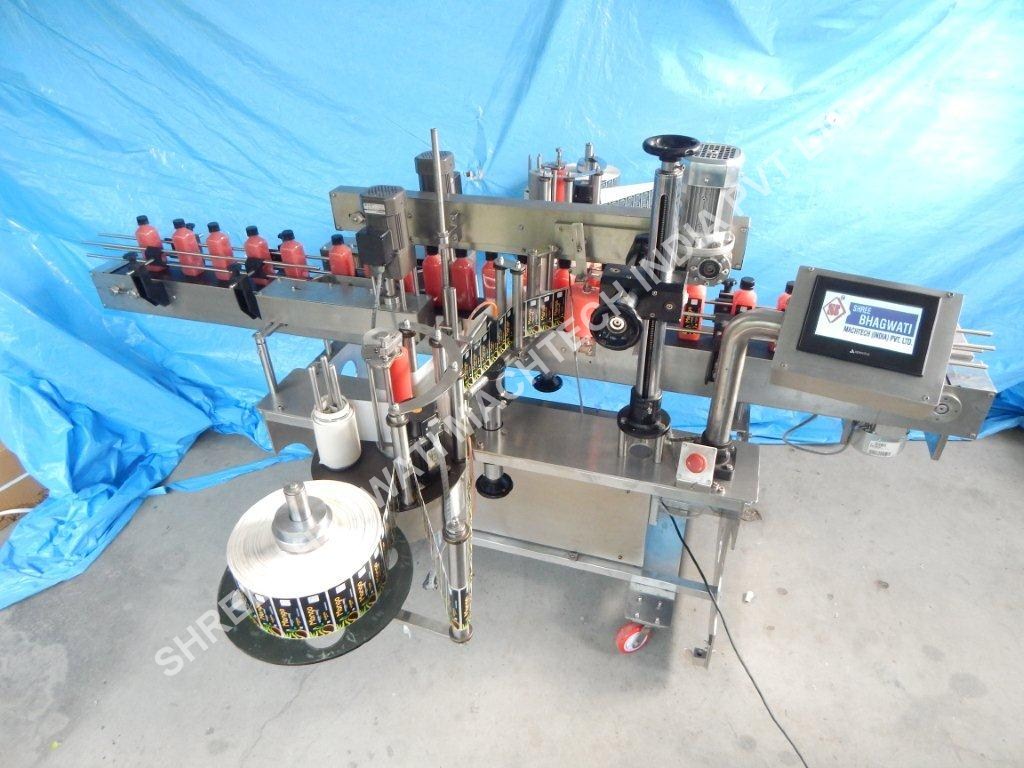
Challenges in Manual Labeling
Traditional manual labeling methods involve human operators applying labels to products manually. While this approach may work for small-scale operations, it presents several challenges as production volumes increase. Manual labeling is time-consuming, labor-intensive, and susceptible to errors. Inconsistencies in label placement, alignment, and accuracy can lead to delays, waste, and potential customer dissatisfaction. Additionally, manual labeling can be physically demanding for workers, leading to fatigue and increased safety risks.
Enhancing Manufacturing Efficiency with Labeling Machines
Labelers use conveyor belt systems to feed products into the labeling machine and then apply labels consistently. Some machines can also label the sides of a product and the top, or add tamper-evident stickers for security purposes. All of these features require the labeling machine to operate at a high speed.
Choosing a labeling system with a spool design that makes it easy to load new labels and change formats reduces downtime. The ability to remove a poor-quality label quickly from the production line also increases efficiency.
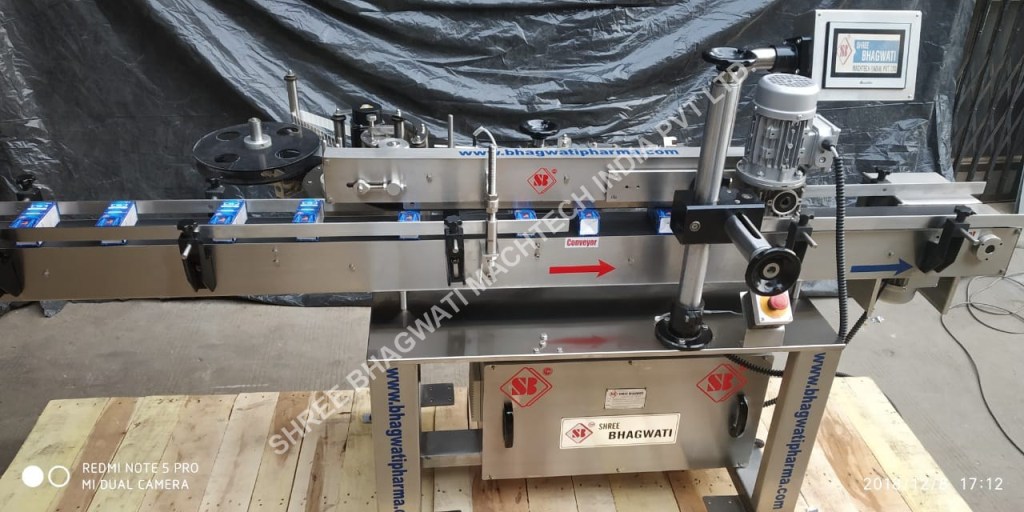
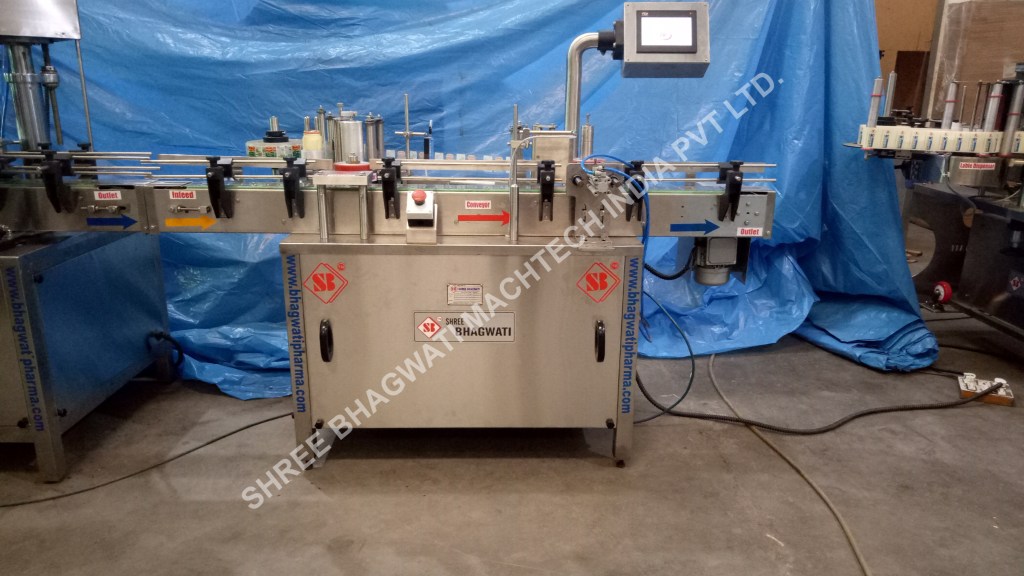
Streamlining Manufacturing with Automatic Labeling Machines
Labeling is a critical part of manufacturing. If this process is slow or inaccurate, it can stall the production line and impact your bottom line. Automatic labeling machines increase efficiency by reducing human error and ensuring that products have clearly applied labels.
Labor costs can be costly, especially if you have to pay employees to apply labels. Using an automated labeling machine reduces these costs and allows you to allocate your employees to other valuable tasks. This can also help you maintain a safe and healthy work environment. For example, workers who manually apply labels can be prone to fatigue or repetitive motion injuries. The use of an automatic labeling machine can prevent these injuries. This way, your workers can focus on their job and improve productivity.
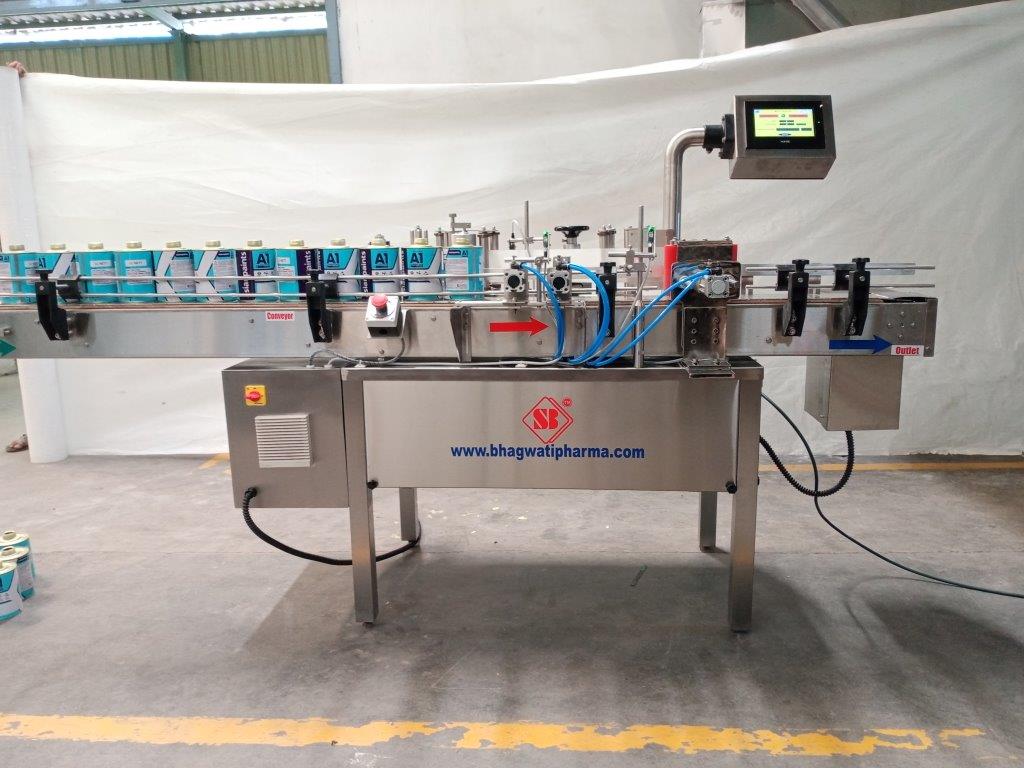
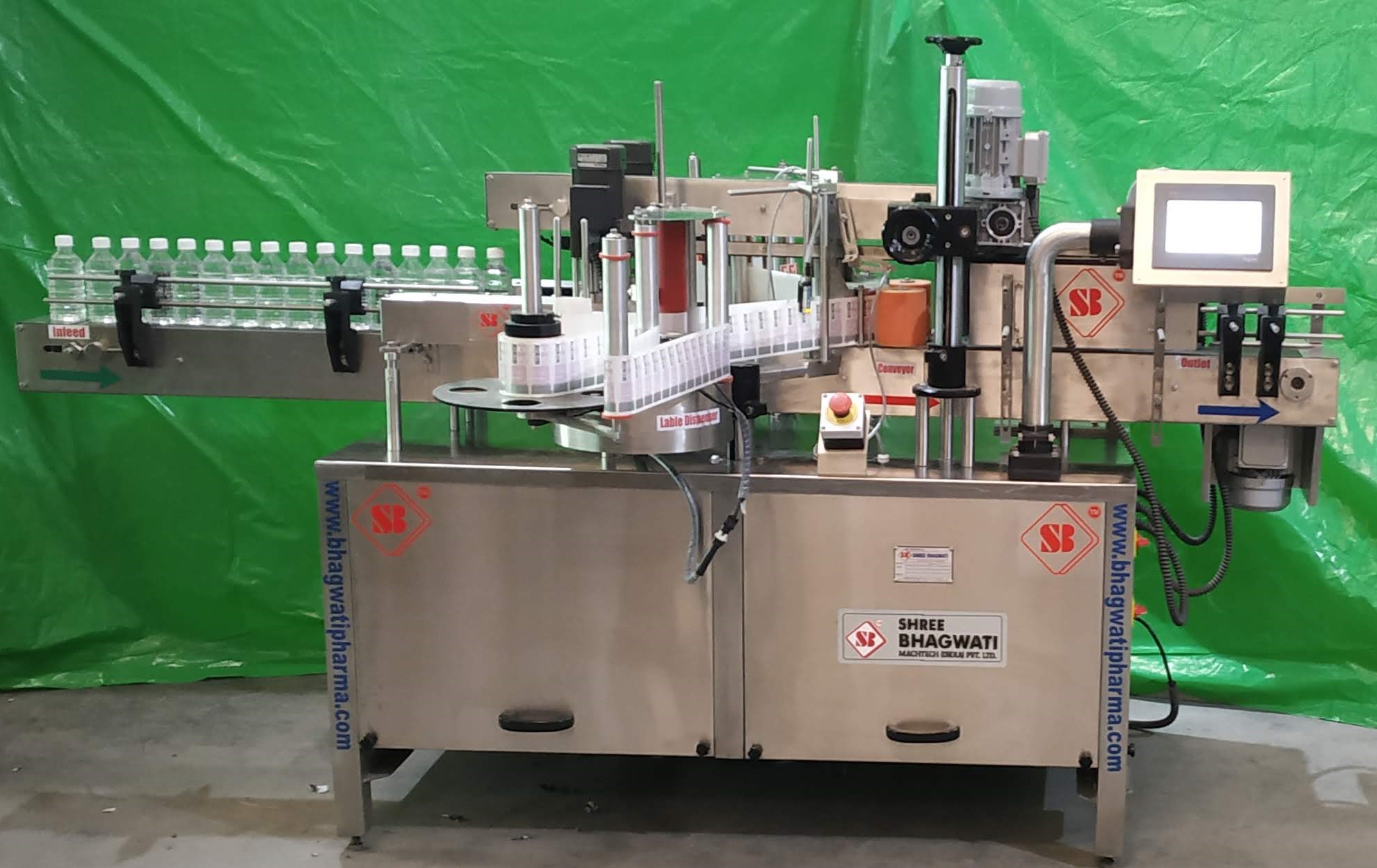
Compliance with Reliability
A reliable labeling machine can help enterprises save a lot of time and effort. It also helps them meet different product labeling standards, including anti-counterfeit labels for pharmaceuticals and traceability QR code stickers. This is especially important for pharmaceutical companies, where labeling is a legal requirement.
When looking for a reliable automatic labeling machine, it’s important to choose one from a reputable manufacturer with years of experience in the industry. Those manufacturers will produce high-quality machines that are durable and easy to operate. Additionally, they will have spare parts in stock that can be quickly replaced.
Moreover, these machines can be easily adapted to accommodate a range of label sizes and shapes. This flexibility makes them ideal for bar codes, high-resolution texts, images on pallets, and cases. In addition, they can be easily integrated with other packaging equipment to create an automated production line. As a result, these machines can significantly reduce labor costs and improve operational efficiency.
Streamline Operations and Ensure Accuracy with Automated Labeling Machines
Automatic labeling machines are designed to operate safely and efficiently. This is particularly important for businesses with a high volume of orders. They can reduce staff costs and product errors by eliminating manual steps. The machine also allows you to adhere to a set timeline that ensures your products are ready for the market.
A fully automated labeling machine uses a conveyor belt system to feed products and automatically paste labels on them. It has a Japanese sensor that detects the product and then activates the labeling head. The machine can adjust labeling length and speed to save time for a quick product changeover.
An automatic labeling machine is a useful tool for companies in the food, beverage and pharmaceutical industries. It can help you meet regulations and safety requirements, including anti-counterfeit labels for pharmaceuticals and traceability QR code stickers for food. It can also print different labels depending on the product type, such as weight and price labels.














